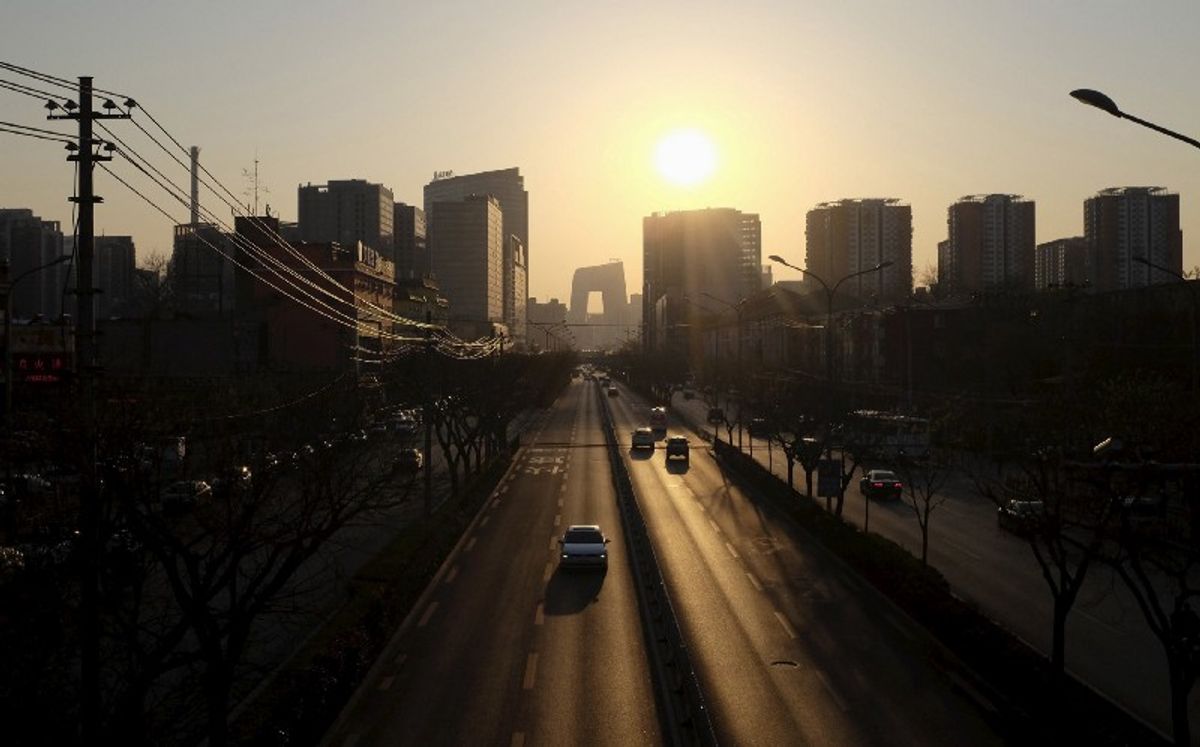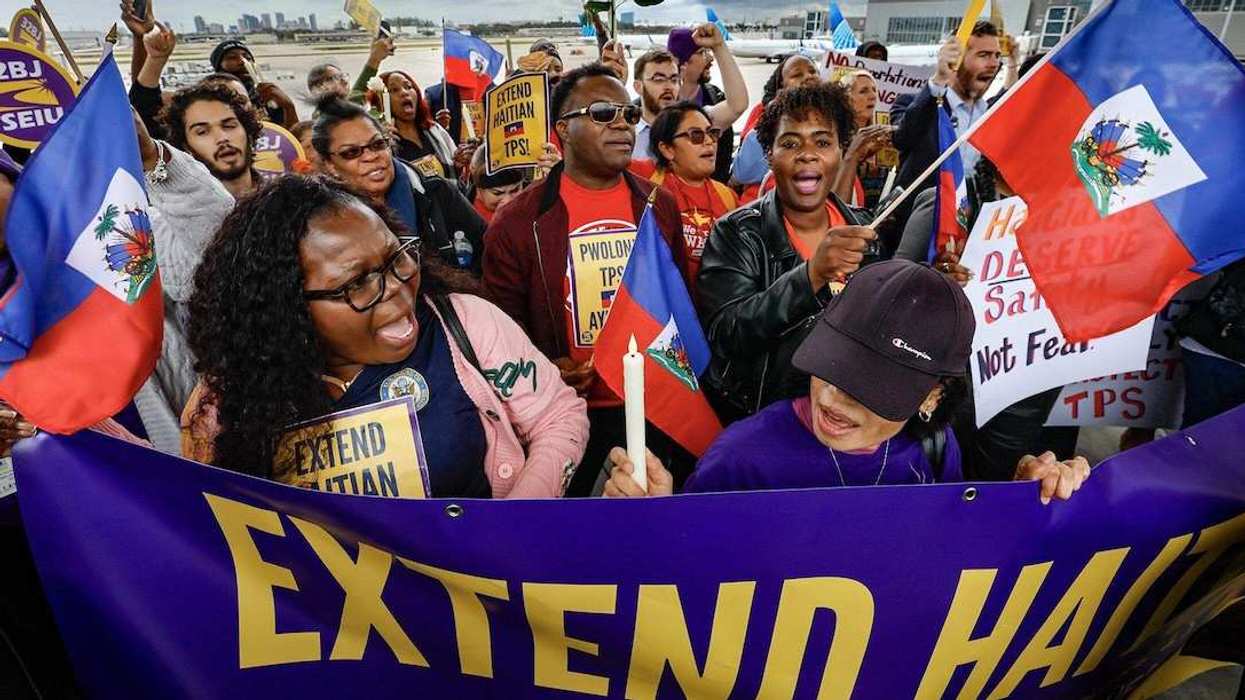Over the past century, three major waves of independence have given rise to many of the 195 countries that exist today.
The first came in the period around World War One, when the collapse of the Ottoman, Habsburg, German, and Russian empires spawned new nation states in Central and Eastern Europe.
The second broke in the years after World War Two, when dozens of African and Asian countries won their independence — in some cases after a fierce fight — from the dying British and French empires.
The most recent wave arrived in 1991, as the dissolution of the USSR spawned 15 new former Soviet Republics. (To our Latin American readers, we aren’t disregarding you — it’s just that the collapse of the Spanish and Portuguese empires happened more than a century ago.)
Where and how will the next wave hit? Here at Signal, we think there’s a strong case to be made that cities may give rise to the next big independence push.
Here’s why:
- Urban areas are already home to more than half the world’s population and produce 80 percent of global GDP — a figure that will grow as millions more people join the burgeoning ranks of the world’s city-dwellers in coming decades.
- The urban-rural divide is growing more prominent in global politics: think London versus the English countryside, which were sharply opposed to each other over Brexit, or pro-immigrant US sanctuary cities versus rural voters who tend to look more skeptically on immigration.
- Cities are increasingly on the front lines of dealing with transnational issues like climate change, health, migration, and terrorism, and have begun to cooperate more with each other along all of these lines.
- Cities’ dynamic economies and more manageable size also means they’re arguably better-positioned to capture the benefits — and manage the downsides — of emerging technologies like artificial intelligence.
The widening urban-rural divide could eventually push cities to seek a greater degree of independence, but national governments will resist giving up too much ground. We’re curious what you think: What would it take for global cities to become city-states? What are some other potential waves of independence that you can think of? Let us know here.

















